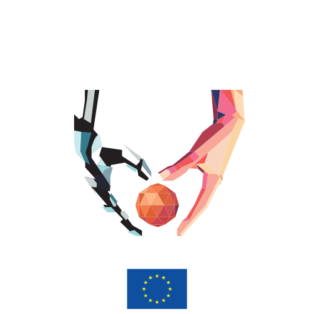Host institution: TU DUBLIN Duration: 36 Months
Objectives: A key part of any machine learning process is the annotation of the data. Data annotation is an expensive and time-consuming task, but also one that is necessary for the success of machine processes. The task of active learning algorithms is to identify the correct data samples for human annotation, with the goal of maximising machine performance on a task while minimising the annotation cost and effort. Active learning can be understood as a human-in-the-loop process whereby the machine learns from the human annotations but where we also deploy an algorithmic filter to select the data points they human annotates so as to maximise the efficiency of the overall human-annotation and machine-learning process. Efficient and effective annotation of data is particularly important for safety critical collaborative intelligence scenarios because: (a) the complexity of the data (situational – time series, multi-sensor – data) make the annotation task difficult, and (b) the need for domain expertise in annotation makes the annotation task expensive. This project will test and compare three active learning sampling strategies (random, uncertainty, and diversity based) for fault assessment and diagnosis and develop new approaches to active learning tailored to the specific challenges of this task.
The candidate should have the following skills:
- Master’s degree in computer science, artificial intelligence, mathematics or related field of study
- prior experience and background in machine learning, predictive modeling or reinforcement learning will be considered an advantage
- good skills in software development (preferably Python)
- ambitious in research and problem solving
- good communication skills, and motivation to work in a team
Expected Results:
An active learning framework tailored to the specific challenges of safety critical collaborative intelligence.
Publish 2 high-impact articles communicating the results of the research project, including a literature review on active learning for fault assessment and diagnosis, and articles describing the models and results obtained through the project.
Planned secondment(s): The PhD student is going to be seconded on M6 in ARIA (IT) for 6 months to work on system safety approaches for anomaly detection, on M 12 in IVECO for 6 months and on M24 in ADIENT for 6 months to work on the data collection from the LIVE LAB 2.
to access the application form click on this link: Application form
